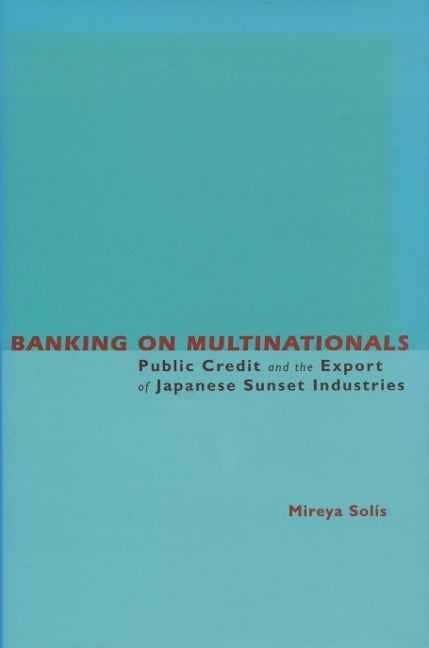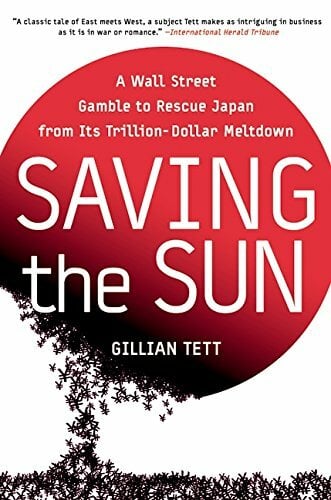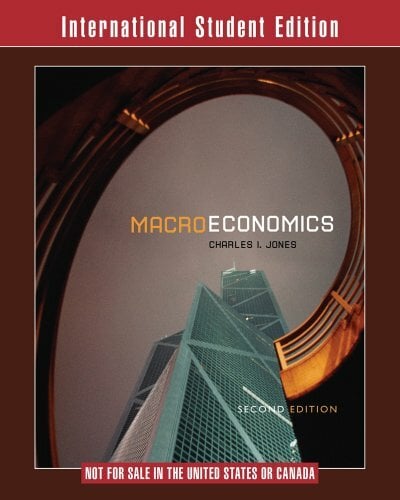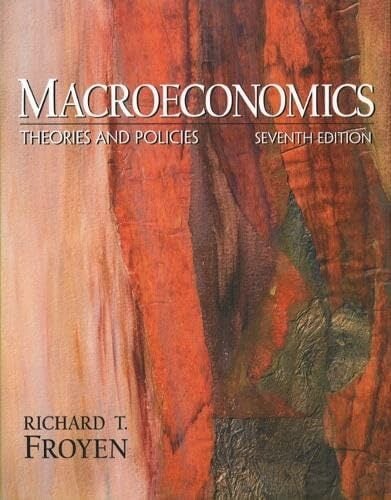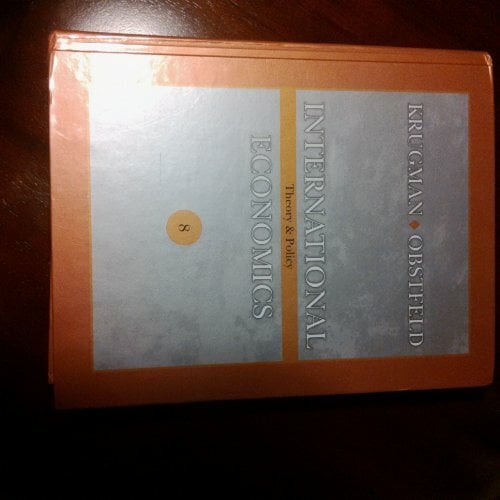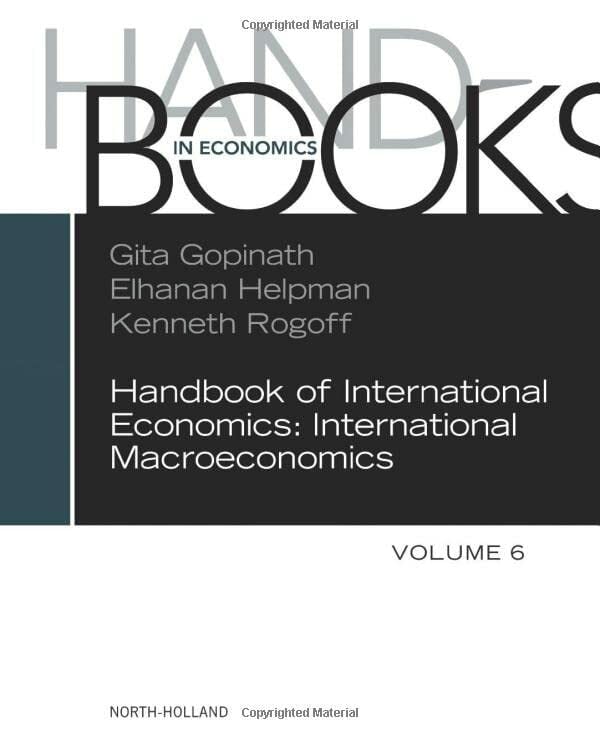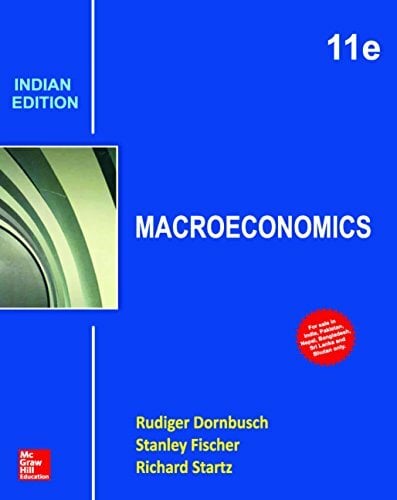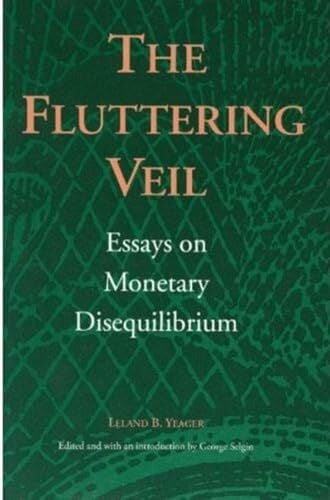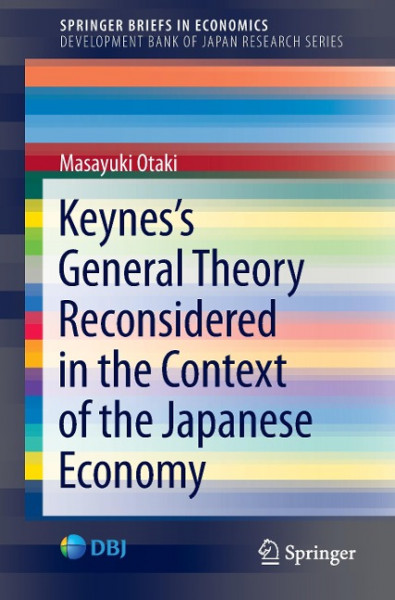
Keynes's General Theory Reconsidered in the Context of the Japanese Economy
Kurzinformation
inkl. MwSt. Versandinformationen
Artikel zZt. nicht lieferbar
Artikel zZt. nicht lieferbar

Beschreibung
This book reconsiders Keynes's The General Theory of Employment, Interest and Money and establishes a new interpretation. In contrast to the existing models, this book finds that the stickiness in the nominal wage is not crucial for his theory. Moreover, the author has also succeeds in capturing the concept of liquidity in a rigorous mathematical model. In conjunction with the development of the concept of liquidity, the separation of the decision between savings and capital investment, which plays a key role in the principle of effective demand and denies Say's law, is exactly and originally formulated. The theory thus developed is applicable to elucidating some serious political economic causes that entrap the long-stagnated Japanese economy. For example, an analytical explanation is provided about why disinflation/deflation incessantly progresses despite the exorbitant expansionary monetary policy (ijigen kin-yuu seisaku) by the Bank of Japan. This phenomenon is an unsolvable question from the quantity-theoretic approaches (e.g., monetarism and new Keynesianism) which, although they differ in assumptions concerning the length of adjustment periods, commonly assume that the price level sooner or later rises in proportion to the quantity of money. Owing much to Keynes, the author's approach considers that the price level is mainly governed by its marginal prime cost which is equal to the nominal wage as a first approximation. As such, the drastically sagging wages during the past 10 years provoke serious disinflation/deflation. It should be noted that this discussion never depends on the quantity of money. von Otaki, Masayuki
Produktdetails

So garantieren wir Dir zu jeder Zeit Premiumqualität.
Über den Autor
Masayuki Otaki is a professor of economics at the Institute of Social Sciences at the University of Tokyo; and academic advisor of the Research Institute of Capital Formation, Development Bank of Japan. His main areas of research are macroeconomic theory, environmental economics, educational economics, and economic thought. Born in 1957, Prof. Otaki received a Bachelor's degree in economics at the University of Tokyo in 1981 and a Ph.D. in economics at the University of Tokyo in 1990. He was appointed professor of economics at the Institute of Social Sciences at the University of Tokyo in 2001.

- hardcover
- 434 Seiten
- Erschienen 2000
- Cambridge University Press

- Gebunden
- 992 Seiten
- Erschienen 2001
- De Gruyter Oldenbourg

- paperback
- 272 Seiten
- Erschienen 2001
- Addison Wesley

- Taschenbuch
- 288 Seiten
- Erschienen 2002
- Routledge

- Kartoniert
- 412 Seiten
- Erschienen 2012
- UNIKUM

- paperback
- 752 Seiten
- Erschienen 2002
- Norton & Company

- Kartoniert
- 347 Seiten
- Erschienen 2005
- Springer









